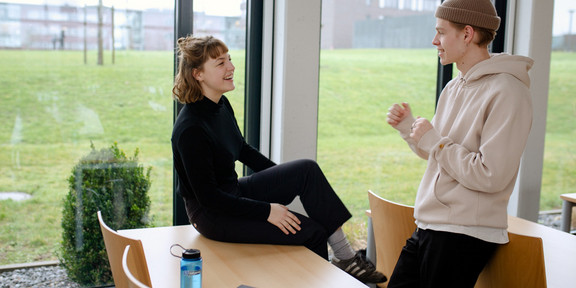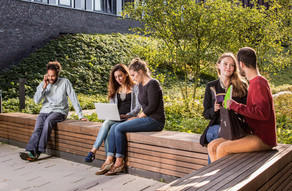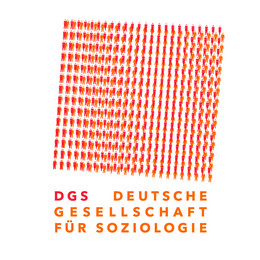Joint Statement on the Amendment of the Ordinance on the Access to Teaching Professions
- News
- Studium
- Fakultät

Dear Minister Gebauer, Dear addressee,
We are addressing you today as representatives of the institutes, departments and faculties responsible for sociological content, together with the Executive Board of the German Sociological Association and the DGS Committee on Sociology in Schools and Teaching.
In recent months, as you know, numerous associations and organizations, including the German Association for Political Education, the Professional Association of German Sociologists, and last but not least, the German Sociological Association (statement of 15 December 2020) have already spoken out against a change in the Teacher Access Ordinance (LZV). Students launched the social media campaign #sowibleibt.
We fully support the arguments put forward in these statements and campaigns. As experts in sociological teaching, we explicitly demand a withdrawal of the planned change and active support of the North Rhine-Westphalian state government in maintaining the triad of political science, sociology and economics in social science teacher training, which has been successfully carried out throughout the state for decades and regularly adapts teaching content to the overall social situation as well as the competencies required in the core curricula as part of the quality assurance of all teacher training programs.
A renaming, as planned in the new LZV, leads to unrest among the schools, the universities, the teachers* and the students, without being necessary, because the subject Social Sciences has always trained for a wide range of school subjects (e.g. work studies, social sciences, politics/economics, etc.). Despite many inquiries in numerous debates, there has not yet been a sufficient explanation of the planned renaming, especially not in terms of subject and educational science. In view of the central societal challenges that can be registered on all sides, which are particularly pronounced in connection with the Corona pandemic, it seems objectively and politically downright contradictory to move one of the core subjects, which has the expertise to make such societal problem horizons understandable and explainable, into a subordinate position in teacher training. Last but not least, the teaching profession "social sciences" is a strong traditional brand whose reputation has been established along its consistent designation over decades. Therefore, we vehemently oppose such a far-reaching change.
Teachers must continue to be trained to teach the three disciplines with equal competence. As the numerous comments have already explained in detail, even a glance at the core curricula leaves no doubt about the centrality of sociological subject content. Central topics and also challenges of social coexistence, such as social inequality, migration and participation, identity, shaping of life, educational trajectories, the welfare state or the changing social structure are sociological core content. These topics cannot be marginalized in schools and thus also in universities; on the contrary, they should be strengthened and placed at the center of political debates and social discourse. Only by integrating sociology on an equal footing can the content continue to be taught so fruitfully from the joint perspective of economics, sociology and political science. Nowhere in Germany, but especially not in a federal state like North Rhine-Westphalia, can sociological subject areas be dismissed as "secondary", which is, however, what is attempted with a renaming in the LZV and the adjustment of the content in our opinion.
Last but not least, the initiative ignores the fact that sociology and the social sciences have enjoyed growing popularity for decades, precisely because there is a great interest among students, but also among schoolchildren, in finding their way in society as a whole as citizens and fellow human beings - with the economic knowledge that has always been imparted, but not without further sociological competences. The addition of sociological knowledge enables students, among other things, to reflect more comprehensively on their own child- and youth-related life-world references. For the prospective teachers, sociological knowledge not least expands their understanding of their pedagogical-professional identity, which can also have a positive effect on the school context.
We seek to train and strengthen these competencies with integrative sociological teacher education and thus appeal emphatically to be able to continue to do so in the usual way. We therefore call for a continuation of the successful teacher training in the subject of
"Social Sciences" with equal consideration of political science, sociology and economics.
With best regards,
the responsible persons of the sociological institutes or departments of all university locations in NRW with social science teacher training, namely the Bielefeld University, the Ruhr-University Bochum, the University of Bonn, the TU Dortmund University, the University of Duisburg-Essen, the University of Cologne, the University of Münster, the University of Siegen and the University of Wuppertal.
the Executive Board of the German Sociological Association with its chairperson Prof. Dr. Birgit Blättel-Mink the Standing Committee on Sociology in Schools and Teaching of the German Sociological Association





